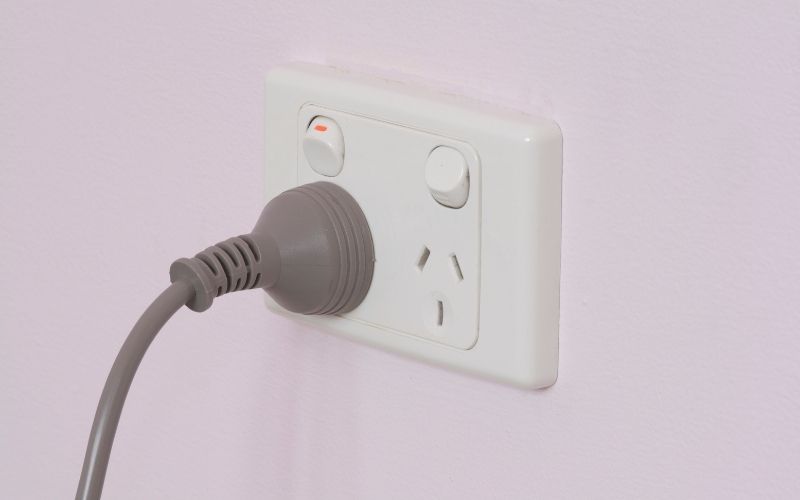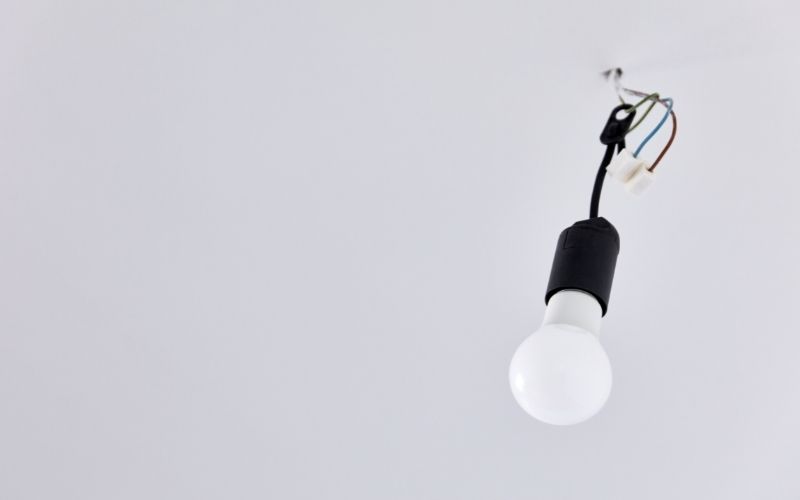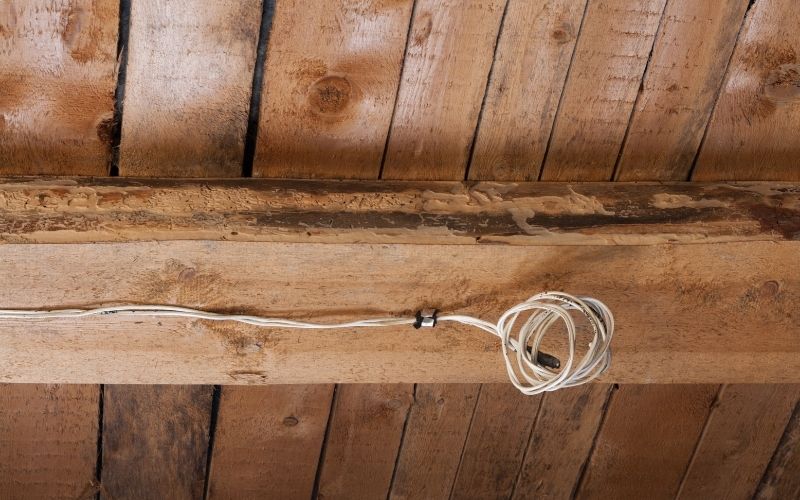When buying a property, an inspection covers many different aspects of the home. However, there is often a misunderstanding about who inspects the various parts of the property. Let’s take an electrical wiring inspection, for example. Does a general building inspector carry out a house electrical check during a building and pest inspection? Do they look for safety hazards in the home’s wiring and inspect any outlets, switches, and light fixtures? You might be wondering the same.
This article will help you understand the steps to a safe electrical wiring inspection.

Who checks electrical wiring before I buy?
Electrical wiring is one of the most crucial aspects of any property. After all, without electricity, the home wouldn’t work. But what about safety? How do you know that the safety switch is working or that your power outlets have been properly wired? Only a qualified and licensed electrician can tell you that.
Two different types of pre-purchase inspections are done to examine electrical wiring:
- A building inspector performs a visual check during a pre-purchase building and pest inspection, noting any apparent safety hazards. They will go as far as flicking a light switch and checking that it visually looks safe. However, they are not qualified to inspect outlets, switches, and light fixtures to ensure they’re functioning correctly.
- An electrical inspection is a thorough check by a licensed electrician. They physically inspect power outlets, switches and fixtures to identify any electrical hazards, particularly those you can’t see during a visual inspection. The electrician searches for exposed wiring or defects that may not otherwise be found and could become a hazard in the home.
What should an electrician check during a house electrical check?
An electrical check includes:
- A visual audit of the property
- Detailed tests with the power turned off
- Checks to ensure electrical circuits and equipment aren’t overloaded.
- Testing the the safety switch
- The rectification of any defects immediately
- Checks for faulty earthing or bonding, particularly in older houses like Queenslanders or Post War homes.
The electrician should provide a report which outlines the assessment, including recommendations and test results. You should also receive an electrical safety certificate covering electrical work completed by the electrician.

Beware of what you can’t see
An electrician is the only professional that can perform an electrical wiring inspection. Licensed electrical contractors must meet specific insurance requirements; this includes having a minimum of $5 million public liability insurance, with a $50 000 consumer protection component. Check to see if an electrician is appropriately licensed here.
You’d be surprised at how many homeowners and tenants do their own wiring to avoid costs; this is illegal and carries heavy penalties. Any DIY electrical work is considered unlicensed and illegal. The penalties are up to $40,000 for individuals and up to $600,000 or jail time if the illegal electrical work poses a risk of death, serious injury or illness. Be wary of old homes too. They can still have old wiring in place.
Your safest bet is not to risk it. An electrical inspection is what identifies these death traps.
What else do I need to know?
When planning your property inspection, you should always confirm with your inspector what they will inspect during their visit. It is wise to arrange an electrical wiring inspection after the building inspection. This allows the electrician to address any concerns identified during the building inspection and carry out a thorough check that only a licensed electrician can undertake.
Electrical wiring inspections are the only way to ensure that your home is safe. It’s important to remember that not all electrical defects are apparent; they take a specialist to diagnose. As the adage goes, it’s better to be safe than sorry. Electrical safety is about more than money and convenience.
